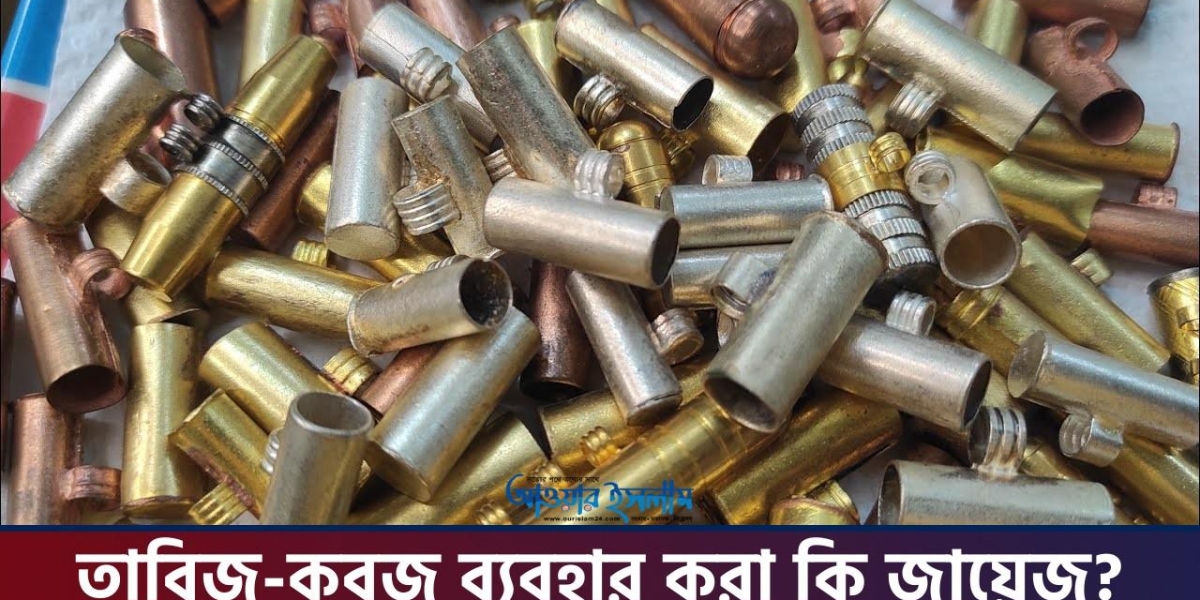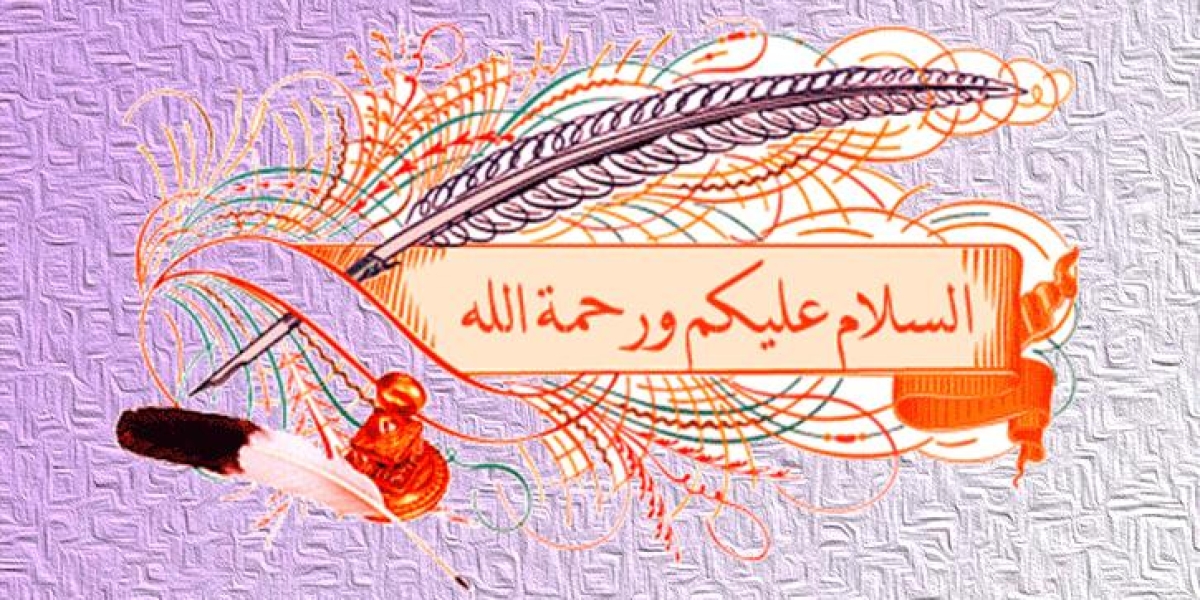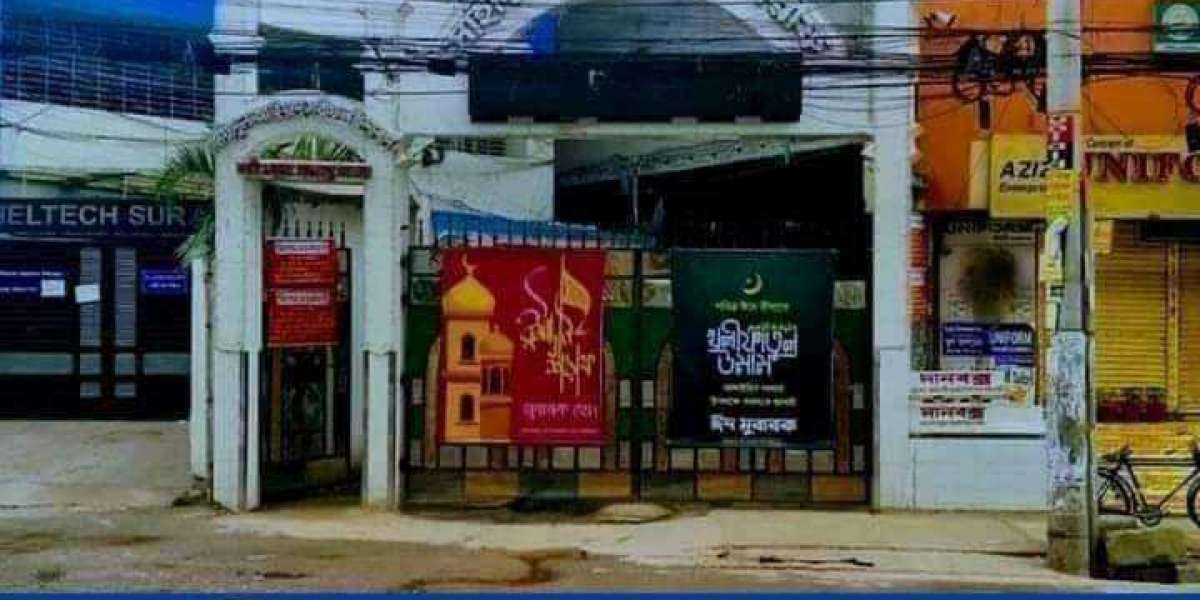Dhaka, April 25 (EFE)- A group of Muslim women in Bangladesh have launched a campaign demanding the authorities issue them the National Identity Card (NID) without a photo, thus allowing them to maintain the Islamic custom of purdah (veil), which mandates that women should not be seen by men not related to them.
The initiative was launched in late March, when dozens of women covered in black burqas from head to toe held an unusual press conference at the National Press Club in Dhaka and voiced their demands.
“We raised two demands to the government: first, give us the National Identity Card without a photo so that we can maintain purdah,” and second, “appoint enough female officials at all offices so that women, who want to maintain purdah, can communicate,” Sharmin Yasmin, leader and spokesperson of the group Mohila Anjuman, told EFE.
Yasmin acknowledged that the identity card was required for official work such as registering property and managing bank accounts but insisted that “we cannot compromise purdah for this.”
The group has suggested providing a proof of identity with the help of digital biometric fingerprints and iris recognition.
Bangladesh is a Muslim majority country with a traditionally moderate image, and therefore such campaigns based on a conservative interpretation of Islam are rare and draw special attention.
The NID, launched in 2008, is prepared on a plastic chip and is required for services such as obtaining a driving license, passport, buying and selling land and property, opening bank accounts, accessing government financial aid or support, vehicle registration and marriage registration.
Since 2010, it has been made mandatory for every adult Bangladeshi citizen to carry the card.
The group’s demand has been rejected by some experts, who have said that the face is key to identifying a person.
“An id card without a photo is not practical. You won’t see it anywhere in the world, including Saudi Arabia,” former election commissioner M Sakhawat Hossain told EFE.
He said that when the card was being introduced in Bangladesh, many women had initially refused to be photographed citing religious reasons.
“They were then assured that in Islam there was no bar on giving photos for official purposes. They were convinced this would not be used for any purpose other than government works,” Hossain said.
Mohila Anjuman leader Sharmin argued that there are instances of issuing identity cards without a photo even in the western world.
She cited the example of Amish and Mennonite communities in the United States, who refused to be photographed and lived without ids for more than 100 years until the state of Virginia in 2019 passed a law to give them id cards without photos.
“Amish and Mennonite communities have it in their religion that they won’t take photos for ids and that’s why they did not have id for 100 years. We have it in our Islam and we raised our demand that way,” she said.
The leader insisted that her group did not want photos to be removed from all NIDs, but simply wanted to be allowed an exemption from the requirement for those who did not want to be photographed.
“We don’t have a problem if someone else wants to be photographed,” she said.
Sharmin said that the group was set to formally present their demand to the authorities, but in March a woman had filed a writ petition in court demanding photo-less ids.









Muhammad Ibrahim Sohel 3 yrs
Thank you